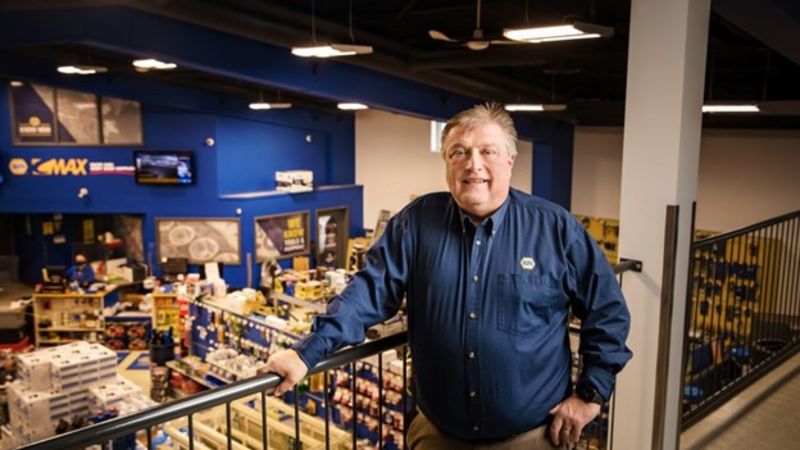
Lack of Canadian vaccine production means others could get inoculations first: PM
OTTAWA — Prime Minister Justin Trudeau sought to reassure Canadians on Tuesday that COVID-19 vaccines will start to arrive in the coming months even as he acknowledged that other nations are likely to start inoculating their citizens first.
“One of the things to remember is Canada no longer has any domestic production capacity for vaccines,” Trudeau said during his regular COVID-19 news conference outside his home in Ottawa.
“We used to have it decades ago, but we no longer have it. Countries like the United States, Germany and the U.K. do have domestic pharmaceutical facilities, which is why they’re obviously going to prioritize helping their citizens first.”
At the same time, Trudeau underscored the importance of getting inoculations to Canadians.



